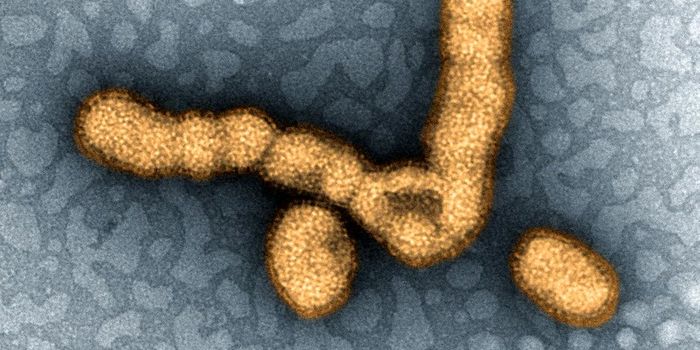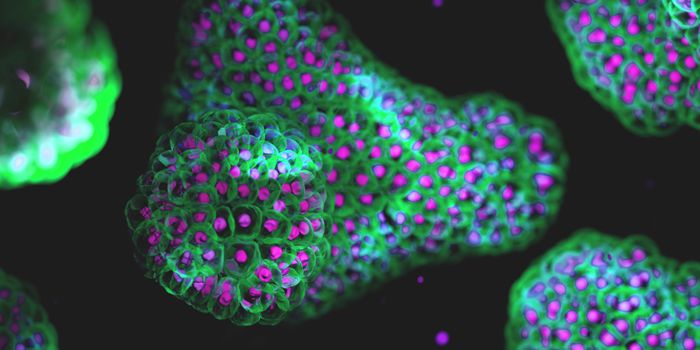Severity of Bacterial Infection Linked to RNA Mutation
Neisseria meningitidis are bacteria that live in the noses and throats of many people without causing illness. But in about one in ten carriers, these microbes cause meningococcal disease, which can lead to meningitis and other disorders. These illnesses can cause fever, headache, and fatigue and can be life-threatening in some cases.
Researchers have now learned more about why these bacteria cause such a wide range of infections. Reporting in The Lancet Microbe, the scientists identified mutations in the RNA of these microbes that can lead to invasive meningococcal disease, and also created a PCR test to find these mutations. This may be the first time that bacterial RNA and disease severity have been connected.
"We found that non-coding RNA mutations within the bacterium N. meningitidis are almost twice as likely to be associated with serious meningococcal disease, an uncommon but serious infection that can lead to death," said Edmund Loh, corresponding study author and assistant professor at the Department of Microbiology, Tumor and Cell Biology at Karolinska Institutet. "This is also the first time a non-coding RNA in a bacterium has been associated with the development of a disease in humans."
This research study started in 2017 when a Swedish teenager died from meningococcal meningitis and a strain of N. meningitidis was found to be the cause. A different strain of the bacterium collected from a person that carried the microbe but did not have symptoms of infection was used for comparison. The researchers determined that the deadly strain was also carrying a mutation in an RNA molecule that does not code for protein, and instead acts as a RNA thermosensor (RNAT).
Once the RNA mutation was found, the researchers began to search through sequences of various N. meningitidis strains collected from around Europe to look for similar mutations. This effort revealed five new RNAT variants that may be connected to disease; they were more likely to be found in people that were sickened by this bacteria. The mutations appear to affect the synthesis of the capsule that surrounds the microbe; they enhance its virulence.
"This is the first time we have been able to associate an RNAT's effect on meningitis disease progression," said the first author of the study and graduate student Jens Karlsson. "This supports further research into this and other non-coding RNAs' potential involvement in the development of bacterial diseases."
The PCR test that was developed by the researchers is rapid and straightforward, they noted.
"In the future, this PCR test may be coupled with a simple nose swab at a clinic, and in doing so, facilitate a speedy identification of these mutations, and subsequent treatment," Loh concluded.
Sources: AAAS/Eurekalert! via Karolinska Institute, The Lancet Microbe









